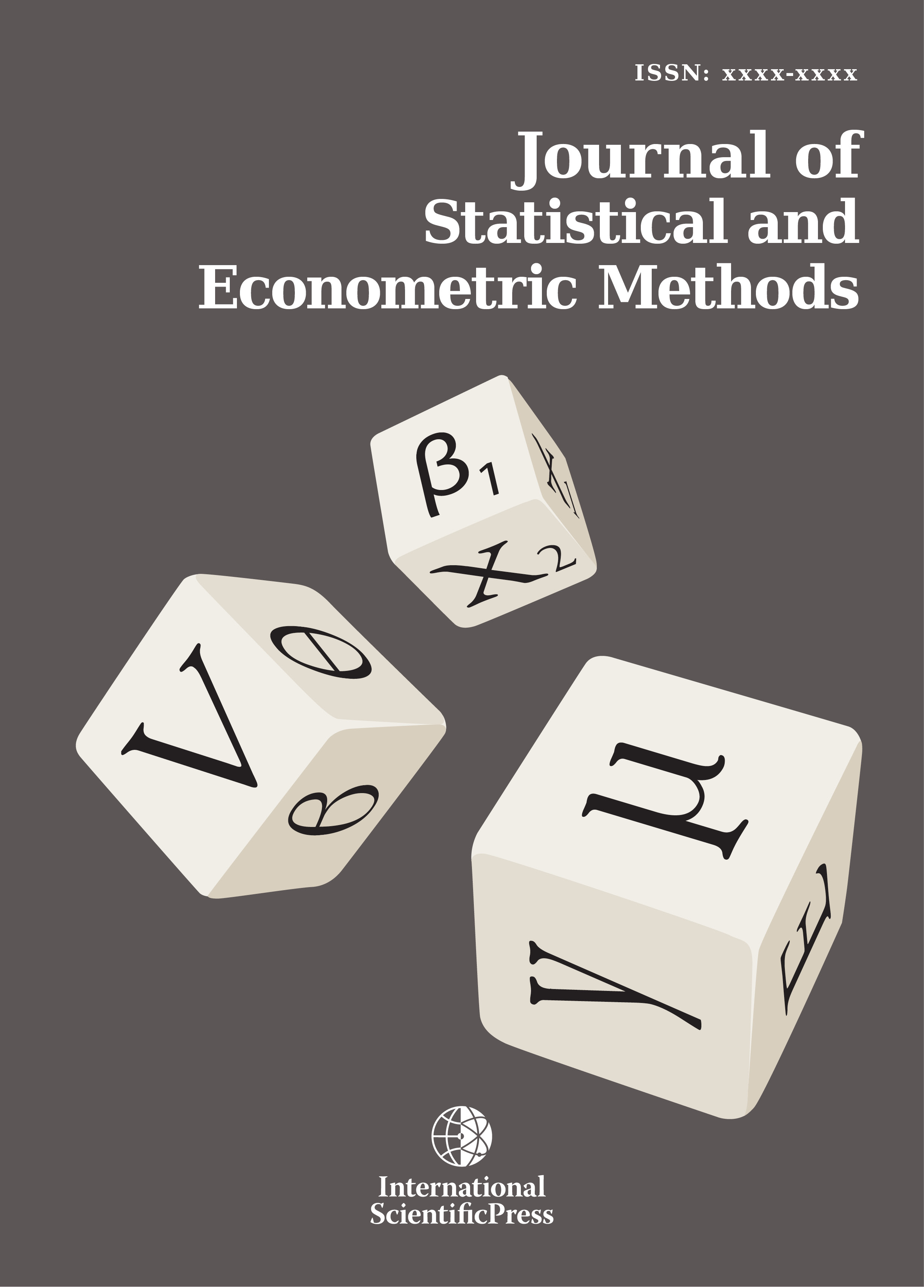Journal of Statistical and Econometric Methods
Governance and Competitiveness: An Econometric Analysis of the Banking Sector of Bangladesh
-
 [ Download ]
[ Download ]
- Times downloaded: 9935
Abstract
Banks play a pivotal role in the financial sector, especially in least developed countries where financial markets are small. In recent years, the banking sector of Bangladesh has been beset with problems, such as numerous financial scams and high volume of non-performing loans. Since the existing literature does not address this issue, it is hitherto unclear as to what impact governance may have on the competitiveness of the banking sector. This paper aims to fill in this research gap by investigating the relationship between governance and competitiveness, in the context of the banking sector of Bangladesh. Based on time series data from 1996 to 2016, the techniques of seemingly unrelated regression and three stage least squares are utilized to examine the effect of governance on competitiveness. The results of this study show that improved governance, in the form of better voice and accountability, political stability, regulatory quality, government effectiveness, rule of law, and control over corruption, tend to improve competitiveness in the banking sector, as measured by the Lerner index. These findings imply that good governance is conducive to improving the competitiveness of the banking sector. Policies concerning the sector must prioritize governance in order to have favourable outcomes.
JEL classification numbers: G21, G34, O16
Keywords: banking, competitiveness, governance, Bangladesh
